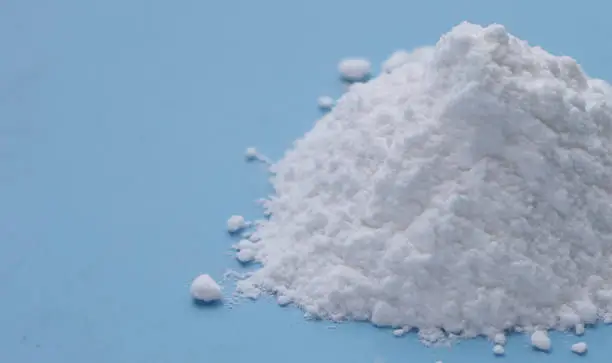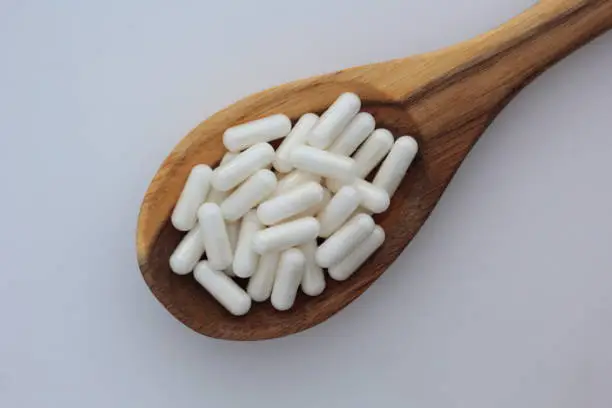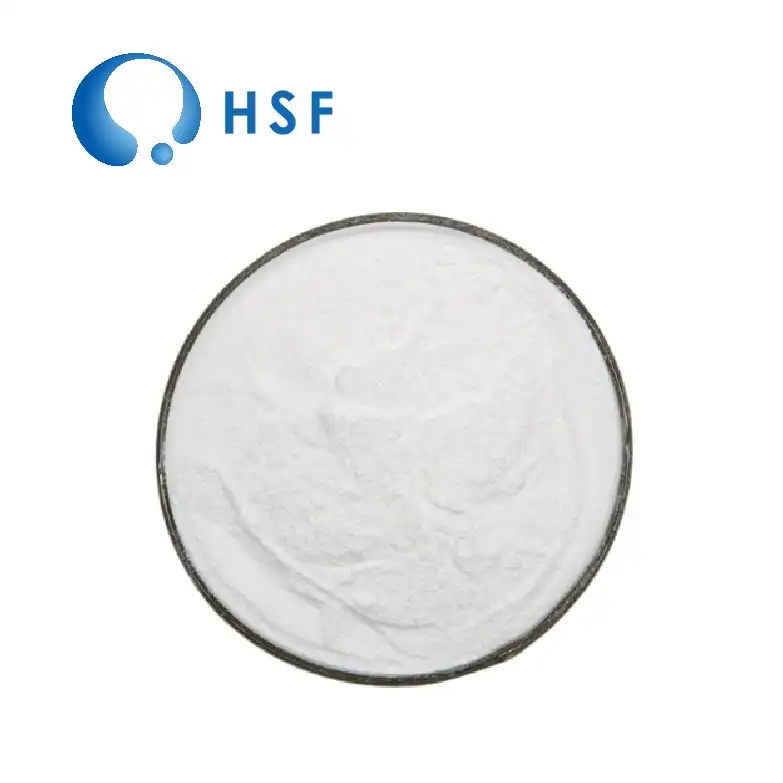- English
- French
- German
- Portuguese
- Spanish
- Russian
- Japanese
- Korean
- Arabic
- Greek
- German
- Turkish
- Italian
- Danish
- Romanian
- Indonesian
- Czech
- Afrikaans
- Swedish
- Polish
- Basque
- Catalan
- Esperanto
- Hindi
- Lao
- Albanian
- Amharic
- Armenian
- Azerbaijani
- Belarusian
- Bengali
- Bosnian
- Bulgarian
- Cebuano
- Chichewa
- Corsican
- Croatian
- Dutch
- Estonian
- Filipino
- Finnish
- Frisian
- Galician
- Georgian
- Gujarati
- Haitian
- Hausa
- Hawaiian
- Hebrew
- Hmong
- Hungarian
- Icelandic
- Igbo
- Javanese
- Kannada
- Kazakh
- Khmer
- Kurdish
- Kyrgyz
- Latin
- Latvian
- Lithuanian
- Luxembou..
- Macedonian
- Malagasy
- Malay
- Malayalam
- Maltese
- Maori
- Marathi
- Mongolian
- Burmese
- Nepali
- Norwegian
- Pashto
- Persian
- Punjabi
- Serbian
- Sesotho
- Sinhala
- Slovak
- Slovenian
- Somali
- Samoan
- Scots Gaelic
- Shona
- Sindhi
- Sundanese
- Swahili
- Tajik
- Tamil
- Telugu
- Thai
- Ukrainian
- Urdu
- Uzbek
- Vietnamese
- Welsh
- Xhosa
- Yiddish
- Yoruba
- Zulu

How Much Inositol Vitamin B8 Powder Should I Take Daily?

Inositol, often referred to as vitamin B8, is a naturally occurring compound that plays a crucial role in various bodily functions. As more people discover the potential benefits of inositol supplementation, a common question arises: "How much inositol vitamin B8 powder should I take daily?" This comprehensive guide will explore the recommended dosages, factors to consider, and how to determine the right amount for your individual needs.

Benefits of Inositol Vitamin B8: Daily Dosage Insights
Inositol vitamin B8 powder has garnered attention for its potential to support various aspects of health. Before delving into dosage recommendations, it's essential to understand the benefits associated with this supplement:
- Mood regulation and mental health support
- Metabolic health improvement
- Reproductive health enhancement, particularly for women with PCOS
- Blood sugar management
- Cardiovascular health support
The appropriate dosage of inositol vitamin B8 powder can vary depending on the specific health concern being addressed. Here are some general guidelines based on scientific research:
- For mental health support: 12-18 grams per day, divided into 2-3 doses
- For metabolic health: 2-4 grams per day
- For PCOS management: 2-4 grams per day
- For blood sugar control: 2 grams twice daily
It's crucial to note that these are general recommendations, and individual needs may vary. Always consult with a healthcare professional before starting any new supplement regimen.

Factors to Consider When Taking Inositol B8 Powder
When determining the appropriate dosage of inositol vitamin B8 powder, several factors come into play:
1. Health Objectives
Your specific health goals will significantly influence the amount of inositol you should take. For instance, higher doses may be recommended for mental health support compared to metabolic health improvement.
2. Body Weight and Composition
Your body weight and composition can affect how you metabolize inositol. Generally, individuals with higher body weight may require larger doses to experience the same effects as those with lower body weight.
3. Dietary Intake
The amount of inositol you consume through your diet can impact the supplemental dose you need. Foods rich in inositol include fruits, beans, grains, and nuts. If your diet is already high in these foods, you may require a lower supplemental dose.
4. Gender and Hormonal Status
Some research suggests that women may benefit from higher doses of inositol, particularly for issues related to reproductive health and PCOS. Hormonal fluctuations can also influence inositol requirements.
5. Existing Health Conditions
Certain health conditions may affect how your body processes inositol. For example, individuals with diabetes or insulin resistance may have different inositol needs compared to those without these conditions.
6. Medication Interactions
Some medications may interact with inositol. It's crucial to consult with a healthcare provider if you're taking any medications, particularly those for mental health or blood sugar management.

How to Determine the Right Inositol B8 Dosage for You
Finding the optimal dosage of inositol vitamin B8 powder requires a personalized approach. Here are some steps to help you determine the right amount for your needs:
1. Consult a Healthcare Professional
Before starting any new supplement regimen, it's essential to consult with a healthcare provider. They can assess your individual health status, consider any existing conditions or medications, and provide personalized recommendations.
2. Start with a Lower Dose
When beginning inositol supplementation, it's often recommended to start with a lower dose and gradually increase it. This approach allows you to monitor how your body responds and minimize the risk of potential side effects.
3. Monitor Your Response
Pay attention to how your body reacts to the inositol supplement. Keep track of any changes in your symptoms or overall well-being. This information can help you and your healthcare provider adjust the dosage as needed.
4. Consider Split Dosing
For higher doses of inositol, it's often recommended to split the daily amount into multiple doses throughout the day. This approach can help maintain consistent levels of inositol in your system and may reduce the likelihood of gastrointestinal discomfort.
5. Be Patient
It's important to note that the effects of inositol supplementation may not be immediate. Depending on your health goals, it may take several weeks or even months to notice significant improvements. Consistency in taking the supplement as recommended is key.
6. Reassess Periodically
As your health status or goals may change over time, it's essential to periodically reassess your inositol dosage. Regular check-ins with your healthcare provider can help ensure that your supplementation regimen remains appropriate and effective.
Understanding Inositol Vitamin B8 Powder: Composition and Properties
Inositol vitamin B8 powder is a versatile supplement that offers numerous potential health benefits. To better understand how to use this supplement effectively, it's helpful to examine its composition and properties:
Composition
Inositol vitamin B8 powder typically consists of pure inositol, a naturally occurring carbohydrate. The most common form used in supplements is myo-inositol, which is the most abundant form found in nature and in the human body.
Physical Properties
- Appearance: White, crystalline powder
- Solubility: Highly soluble in water
- Taste: Slightly sweet
- Odor: Odorless
Chemical Properties
- Chemical Formula: C6H12O6
- Molecular Weight: 180.16 g/mol
- pH: Neutral (approximately 7 in aqueous solution)
The high solubility of inositol vitamin B8 powder makes it easy to incorporate into various forms of supplementation, including capsules, tablets, and powders that can be mixed with liquids. This versatility allows for flexible dosing options to meet individual needs and preferences.

Conclusion
Determining the right dosage of inositol vitamin B8 powder is a personalized process that depends on various factors, including your health goals, body composition, and individual response. While general guidelines exist, working closely with a healthcare professional is crucial to establish the most appropriate dosage for your specific needs.
By starting with a lower dose, monitoring your response, and making adjustments as needed, you can optimize the benefits of inositol supplementation while minimizing potential side effects. Remember that consistency and patience are key when incorporating any new supplement into your health regimen.
If you're considering adding bulk inositol to your wellness routine, HSF Biotech offers high-quality, pure inositol supplements. Our products are carefully formulated to meet the highest standards of quality and efficacy. For more information about our inositol vitamin B8 powder or to discuss your specific needs, please don't hesitate to contact us at aaron@healthfulbio.com. Our team of experts is ready to assist you in finding the right supplement solution for your health goals.
References
- Karimi, M., et al. (2021). "The effects of inositol supplementation on lipid profiles among patients with metabolic diseases: a systematic review and meta-analysis of randomized controlled trials." Lipids in Health and Disease.
- Unfer, V., et al. (2017). "Myo-inositol effects in women with PCOS: a meta-analysis of randomized controlled trials." Endocrine Connections.
- Mukai, T., et al. (2014). "A meta-analysis of inositol for depression and anxiety disorders." Human Psychopharmacology: Clinical and Experimental.
- Giordano, D., et al. (2011). "Effects of myo-inositol supplementation in postmenopausal women with metabolic syndrome: a perspective, randomized, placebo-controlled study." Menopause.
- Santamaria, A., et al. (2012). "One-year effects of myo-inositol supplementation in postmenopausal women with metabolic syndrome." Climacteric.
- Pintaudi, B., et al. (2016). "The effectiveness of myo-inositol and D-chiro inositol treatment in type 2 diabetes." International Journal of Endocrinology.